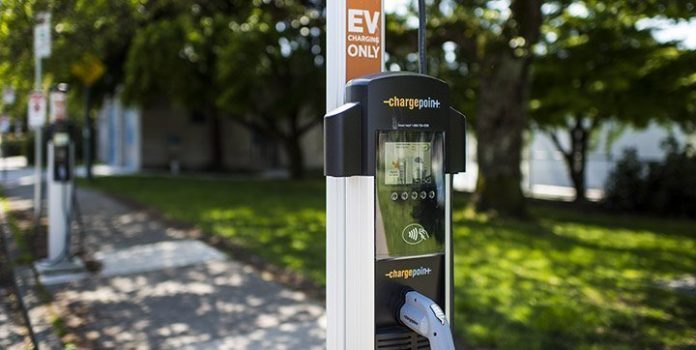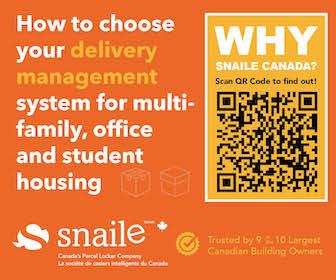The City of Vancouver wants to make it easier for homeowners who don’t have space for an electric vehicle charging station to install one at curbside.
The “Curbside Electric Vehicle Pilot Program” will allow 15 stations to be installed by interested homeowners around the city. If an EV changing station can already be accommodated on the homeowner’s driveway or at their lane access, a curbside installation will not be permitted.
The city has outlined the rules and guidelines for the curbside pilot program, including but not limited to:
- Parking restricted to three hours only between 9:00 a.m. and 10:00 p.m. at residential curbside chargers;
- Pilot will be for a five-year term;
- Neighbourhood notification prior to installations required;
- All installations must be completed by a registered licensed electrical contractor;
- Charging stations must be listed and certified for outdoor use;
- Charging a fee for use of the electric vehicle supply equipment is prohibited;
- Homeowner is responsible for all costs and maintenance;
- Homeowner will be required to sign licensing agreement and carry minimum $2 million insurance, with City of Vancouver as “Additional Insured”;
- Colors and materials of the station should minimize visibility and integrate with the design of surrounding buildings and landscaping;
- No advertising permitted on the charging station or associated enclosure, but the city will be allowed to place an informational sign or sticker on/or adjacent to the charging station;
A proposal must be submitted by the homeowner along with a fee of $656.53. If the installation work requires sidewalk repair or replacement, the applicant has the option to have the city complete the work (for an additional fee), or have their own contractor complete the work.
Homeowners can also expect electrical permit fees ranging from $250‐$700. Inspection fees are included in the permit, however, homeowners may have to pay a re‐inspection fee of $163 in the event a re‐inspection is required.
A fee of $200 for the use of city property under the license agreement will also be charged.
The homeowner must also submit an engineering drawing of the proposed installation, including a site plan and detailed sideview, complete with dimensions and elevations. A single‐line diagram, load calculations, voltage calculations and available short circuit current and installation plan must also be submitted for review.
The city says it will attempt to issue final drawing approvals within 10 business days, unless revisions are necessary.
According to the city, the estimated project cost for a “DC Fast Charger unit” installation (including trenching and electrical work) is between $10,000‐$40,000.
Estimated project costs for a “Level 2 charger single connector unit” are slightly less, ranging from $4,000‐$8,000, and between $8,000‐$10,000 for a Level 2 charger dual connector unit.
As you can see, it’s not easy or cheap to install an EV charging station outside your home. But if you don’t have any space on your own property, and you really want that Tesla — be prepared to open your wallet.
You will also need to act fast, as only 15 spots are available in the initial pilot program. More information on the pilot program and how to apply, is available here.




